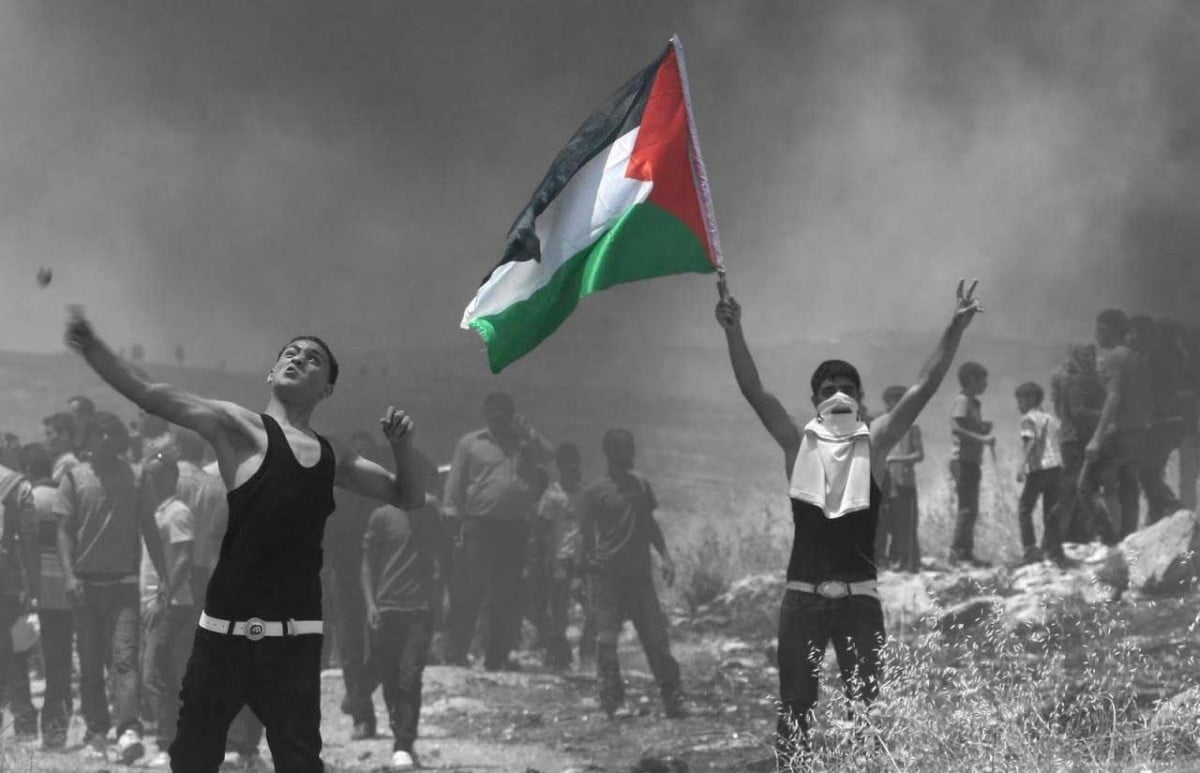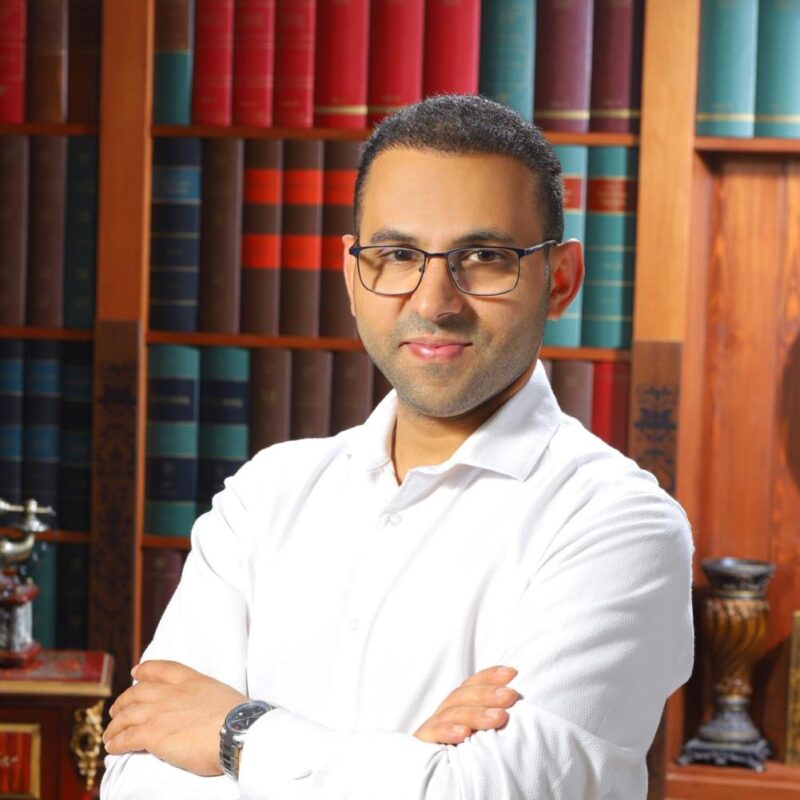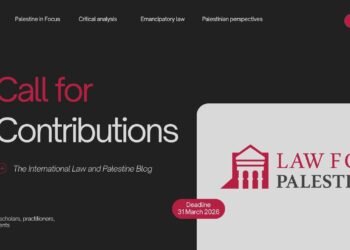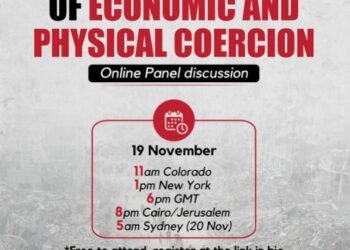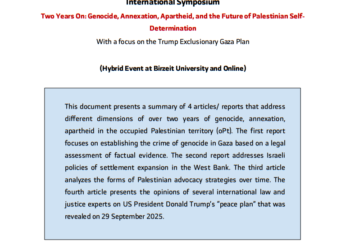Do Palestinians have the right to resist, and what are the limits?
A quick answer in 10 points:
1. The illegal occupation represents an unlawful use of force (i.e., aggression). As long as the illegal occupation persists, it constitutes, according to international responsibility rules, a continuous wrongful act, thus preserving the continuous right to self-defense for the occupied state/people.
2. Is the Israeli occupation legal now? Recent positions by several reputable entities, including UN Commissions of Inquiry on Palestine/Israel, the current and former UN Special Rapporteurs on Palestine, a study released by CEIRPP, alongside numerous relevant academic studies, deem it unlawful (i.e., aggression). This matter is also currently under consideration by the ICJ.
3. Self-defense by Palestinians can only be exercised after assessing the principles of necessity, proportionality, and imminency. Meeting these criteria is evident in the context of a prolonged occupation, the exhaustion of all peaceful means to end it, and violations of jus cogens norms, IHL rules, and good faith.
4. Dozens of resolutions by the UNGA support national liberation movements in their struggle for independence and self-determination, including armed struggle. Just for instance, Res. 2105 of 1965 condemned Portuguese colonialism in Guinea-Bissau. At the time of this resolution’s adoption, PAIGC had officially engaged in armed liberation struggle. The General Assembly, in the same resolution, requested all states “to provide material and morale assistance to the national liberation movements in colonial Territories.”
5. The Declaration on Friendly Relations (Res. 2625 of 1970), which reflects customary law, recognizes the right to resist against foreign forcible actions that deprive people of their right to self-determination (the UN recognized the right to self-determination for the Palestinian people). It states that every state must refrain from any forcible action that deprives the people of their right to self-determination, freedom, and independence.
6. Therefore, it is Israel that is required not to suppress resistance, rather than the opposite. The ICJ, in its advisory opinion/Wall (2004) countered Israeli claims of constructing the wall in self-defense by stating that this right is irrelevant based on the fact that Israel exercises effective control over the occupied Palestinian territories.
7. Clearer: In 1982, UNGA Resolution 37/43 affirmed the legitimacy of the struggle for independence, territorial integrity, national unity, and liberation from foreign domination and foreign occupation by all available means, including armed struggle. This resolution openly recognized the right to use force against foreign illegal occupation, which it considers a serious threat to international peace and security, recalling the cases of Namibia and Palestine.
8. Furthermore, the Additional Protocol 1 to the Geneva Conventions (1977), to which Palestine acceded in 2014 (joining over 160 countries), in its Article 1(4), classifies conflicts in which peoples are fighting against alien occupation and racist regimes as armed conflicts. Individuals engaging in such “fighting,” if captured, should be afforded the status of prisoners of war, meaning their fighting is legitimate.
9. Historical evidence overwhelmingly supports that self-determination is rarely achieved without the use of force and armed struggle. Failing to acknowledge resistance movements would lead to an illogical situation: alien occupations would go unchallenged, rendering any resistance against their illegal status illegal itself.
10. Finally, it is worth emphasizing that the right to resist and self-defense is subject to the rules of international humanitarian law, including the respect of the principle of distinction between civilians and combatants. So, in short: Right to resist, including armed resistance: Yes. Right to indiscriminately kill or target civilians: No. It’s as simple as that.
- For a comprehensive legal analysis on the Palestinian people’s right to resistance, read this article by Dr. Shahd Hammouri. Click


